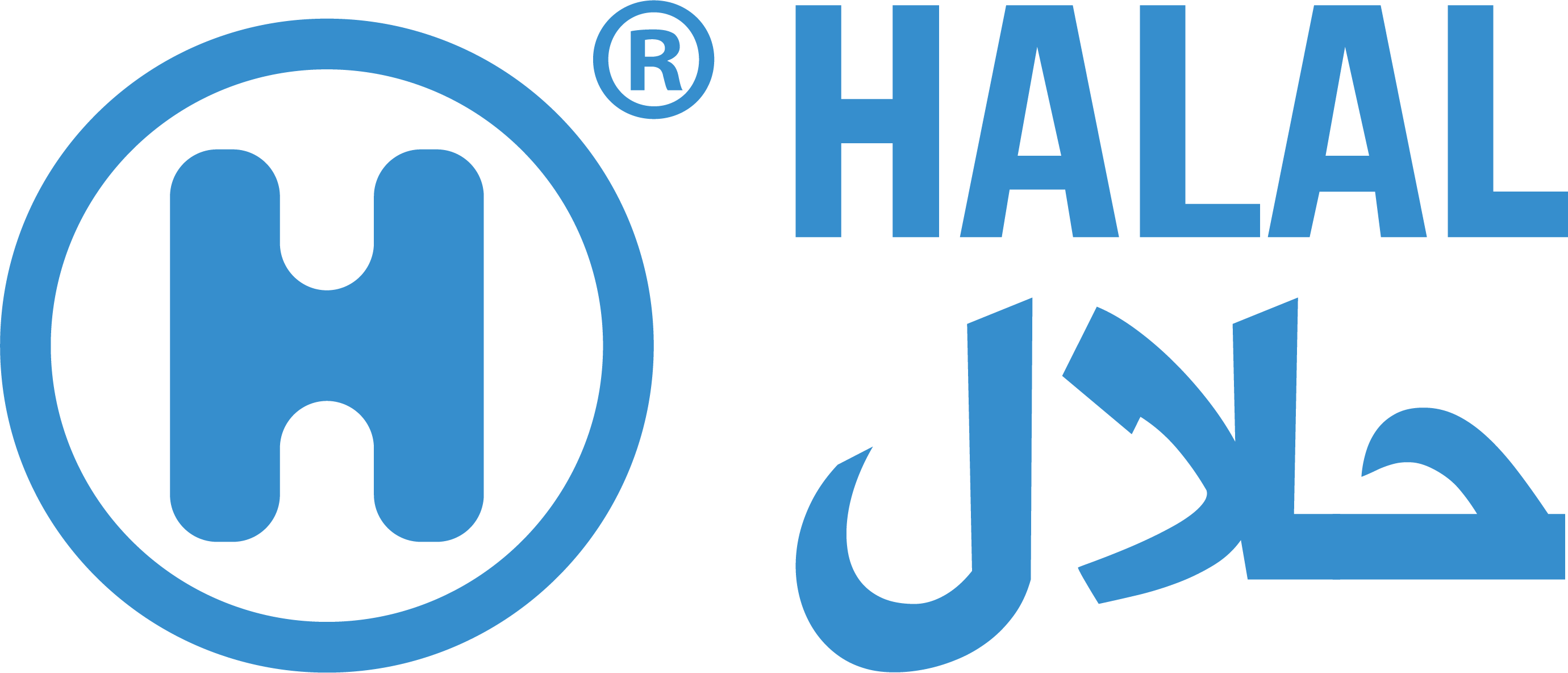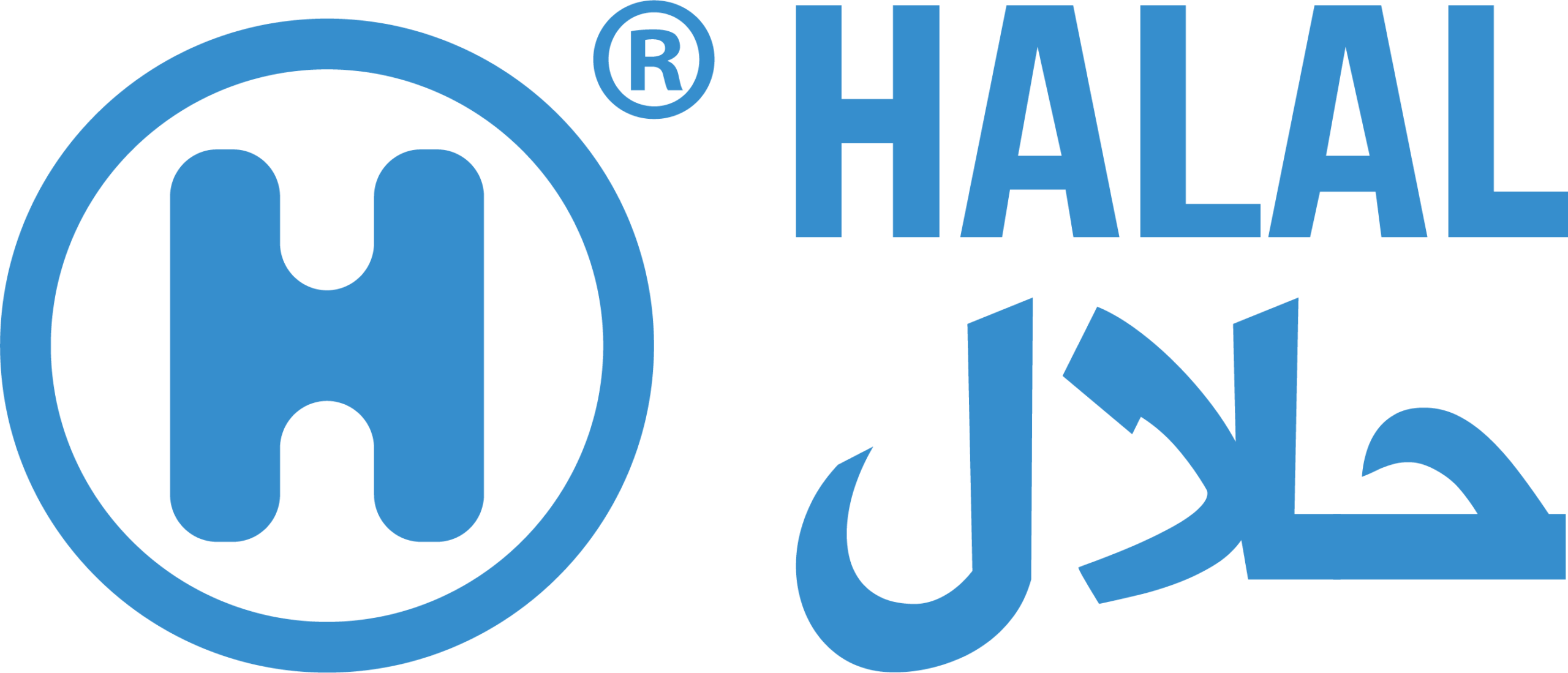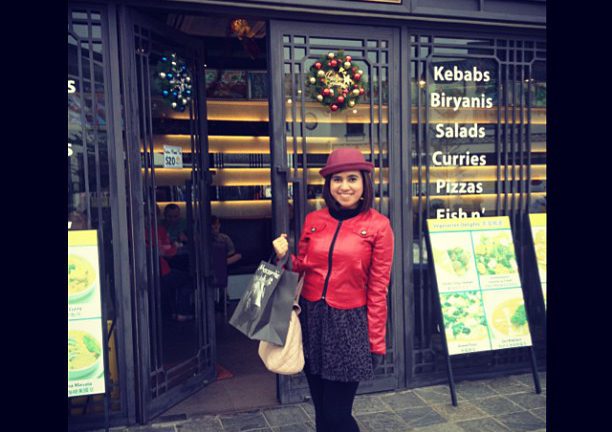“Muslim consumers globally, while culturally diverse and geographically distributed, drive a cohesive two-trillion-dollar market opportunity across a range of lifestyle products and services, impacted by Islamic faith-inspired ethical needs, and collectively known as the “Islamic Economy.”
Introduced in 2013, this report defines Islamic economy as “sectors whose core products/ services are structurally affected by Islamic ethics and law,” driving the faith-inspired ethical consumption needs of the 1.8 billion1 Muslim consumers worldwide. This Islamic economy also referred to as the halal economy directly impacts the following seven sectors: food (halal), finance (Islamic), clothing (modest), tourism (Muslim-friendly), media and recreation (Islamic-themed), pharmaceuticals (halal) and cosmetics (halal). Other sectors include education (Islamic-themed) and philanthropy (zakat, waqf, sadaqah, other) which will be covered in future editions of this report. The core sectors of the Islamic economy represent an aggregate consumer spend opportunity of $2.2 trillion in 2018, projected to grow to $3.2 trillion by 2024, with Islamic Finance assets estimated at $2.5 trillion in 2018, and projected to grow to $3.5 trillion by 2024. The spend figures reflect Muslim consumers spend on the broad.
Pharmaceuticals, Cosmetics, Clothing, Travel and Media and Recreation, of which specific spend on Halal-certified products, Modest Clothing, Muslim-friendly travel, and Islamic-themed media are sub-sets, and not quantified in this report. The consumers of the Islamic economy are primarily Muslims but also include others outside the Islamic faith who share similar values. The specific consumer practices influenced by Islamic values include the consumption of halal (lawful) food, Islamic financing, modest clothing, family-friendly tourism, as well as other services with special considerations on gender interactions and religious practices. The demand also extends to business practices that seek Islamic business financing, investment, and insurance services. The Islamic economy as a collective is creating value for consumers and the economies involved. It also has major potential to contribute to the global well-being through its underlying socially-conscious ethos.
Global Islamic Economy Key Drivers:
Across the four key stakeholders – consumers, businesses, governments and investors – there are ten drivers shaping the global Islamic economy – as consumers seek to spend more on lifestyle products and services that address their faith-inspired ethical needs, as governments in predominantly OIC (Organization of Islamic Cooperation) countries seek to diversify their economies, as businesses seek new avenues of growth, and as investors seek to boost returns through exploring new highgrowth opportunities.


